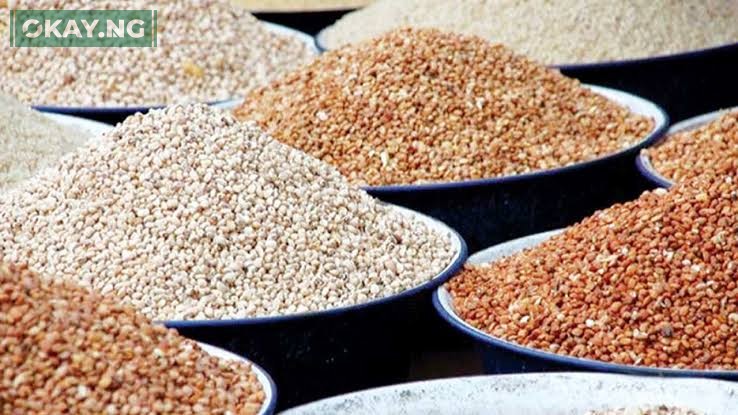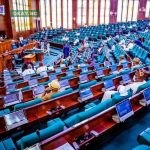Residents of Lagos State are voicing growing concerns over the relentless rise in the price of beans, a staple food and primary protein source in the region.
The continuous price surge has rendered beans unaffordable for many, sparking fears of malnutrition and urgent calls for government intervention.
In recent months, the cost of beans has skyrocketed dramatically. A 40kg bag of beans now sells for N115,000, a staggering increase from N26,000 in January.
Similarly, a 100kg bag has jumped from N55,000 to N230,000, making it increasingly difficult for residents to afford this essential food item.
For numerous Lagosians, beans are a critical component of their diet, offering an affordable source of protein. However, the steep price hike has forced families to cut back on their consumption or seek alternative protein sources.
Residents are urging the government to take immediate action to address this crisis, as the escalating prices are severely impacting their livelihoods.
“Beans used to be the cheapest food, but now we don’t even understand what’s going on,” said Mrs. Uloma Chigozirim, a housewife and mother of four. “Every other week, the price keeps going up, and even traders can’t tell us the reason for the hike. Beans used to be the cheapest source of protein for the average resident, but now it’s too expensive to afford. We really need government intervention, or else many of us will be malnourished,” she told NAN.
Beans farmers attribute the price increase to the seasonal nature of the crop and the adverse impact of cattle grazing on bean farms. Mr. Uche Ikenga, a beans farmer in Abuja, explained that beans are not an all-season crop, and the peak harvest period is usually at the end of the year. Last year’s harvest, however, was significantly affected by cattle grazing, leading to a low yield and subsequent scarcity of beans this year.
The scarcity of beans has resulted in a substantial price increase, making it difficult for traders to stock the produce. Mr. Ahmed Yusuf, a beans trader at the Dry Foodstuff Section of Ile-Epo Market, Agege, noted the high demand for beans amid insufficient supply from farmers. “We sold a small bucket of beans for N6,500 last two weeks, but now the same quantity sells for N8,000. The price keeps soaring every day, and we sell as we buy. We no longer keep it because of the price unpredictability,” he said.
Mrs. Bunmi Arowolo, a jewelry seller, appealed to the federal and Lagos State governments to address insecurity and empower farmers to cultivate crops. “Early in May, I bought a paint (small) bucket of beans for N7,500 as against N3,000 previously. As a common form of protein, I now manage a small quantity for my family. I want to appeal to the governments to tackle insecurity so that farmers can go to their farms again and make the produce available and affordable,” she urged.
Ms. Adaeze Oparaku, a nutritionist at the Lagos Teaching Hospital, emphasized the nutritional importance of beans, noting that they are an essential source of protein, carbohydrates, dietary fiber, and micronutrients like Vitamin B, phosphorus, copper, manganese, and iron. “Beans should be a regular staple in children’s diet if they like it. However, given the rise in price, it can be substituted with other protein sources in children’s meals,” Oparaku advised.
Traders and residents are pressing the government to address food inflation and ensure affordable protein sources. Mrs. Eugenia Uloma, a trader at Kotangora Market in Abule-Egba, highlighted the critical role beans play in the Nigerian diet. “Beans have been a major part of our diet and are important to every Nigerian. The produce is so expensive, but we still buy the quantity we can afford because it is our major source of protein. Other protein sources are even more expensive. We don’t need so much from the government; if it can address this growing food inflation, we will be grateful,” she said.
Additionally, residents are calling for better planning to increase local production of beans. Mrs. Barinedum Legbara, a vegetable farmer, stressed the need for strategic cultivation of beans to avoid scarcity and high prices.









